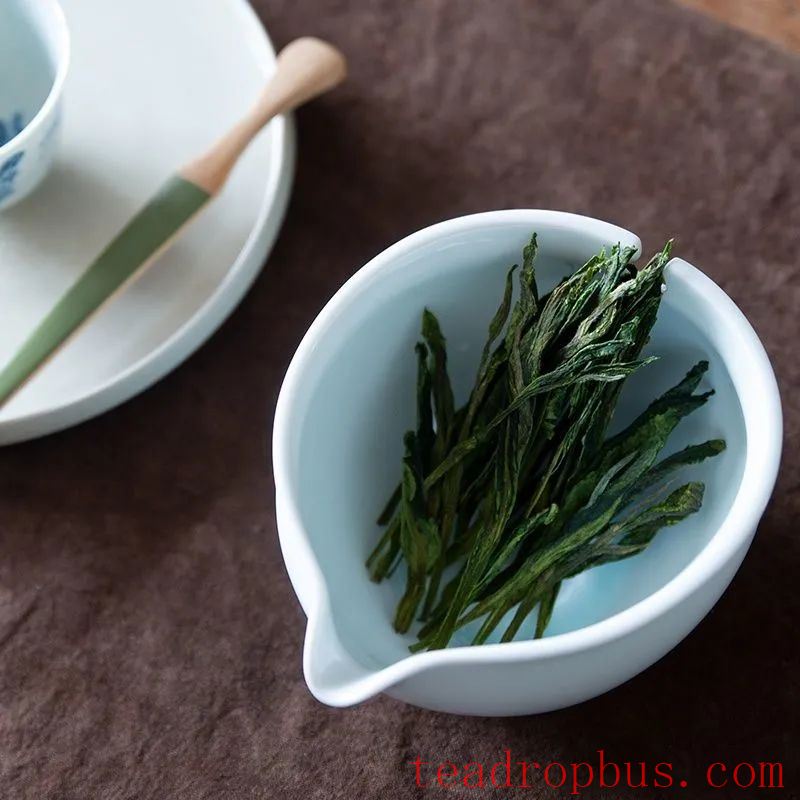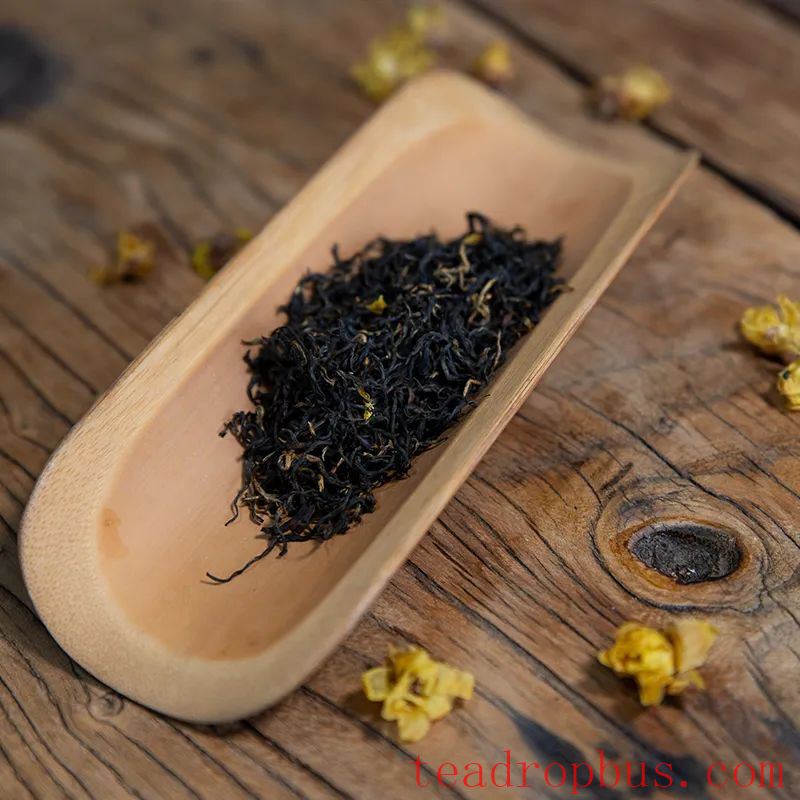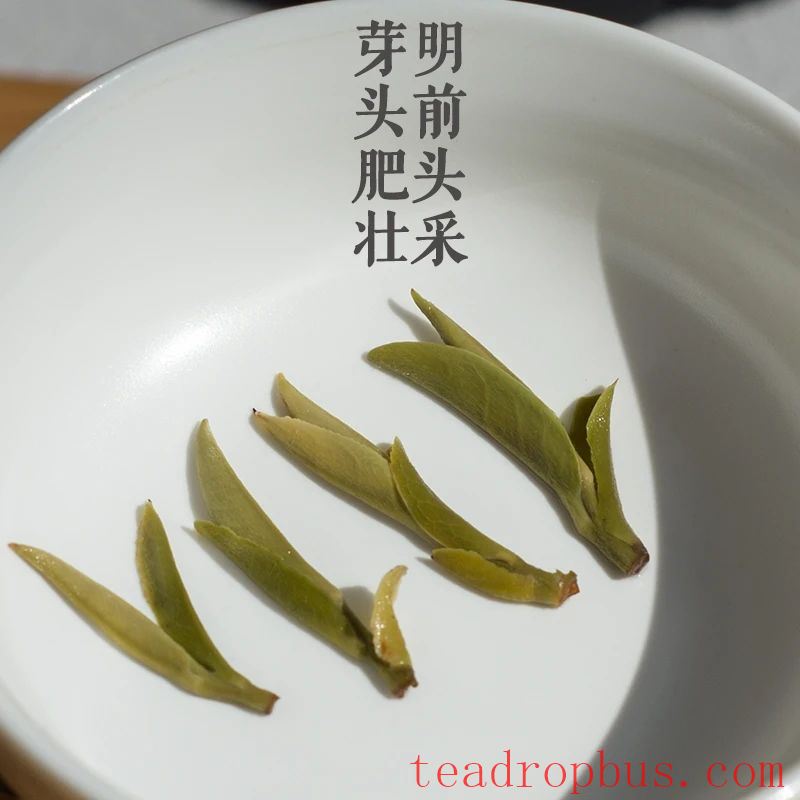This is an answer I posted on Zhihu, mainly about what types of tea beginners should try. Based on my personal experience, I recommend certain teas and explain the reasoning behind these recommendations.
Of course, this isn't a ranking of teas or universal advice; it's just my personal opinion for others to consider.
To be truly helpful to beginners, I think it's not just about recommending specific teas but also providing clear logic. Before giving specific suggestions, there are several layers of logic to consider. However, for beginners, the most practical approach is to find friends nearby who can guide them, even if these guides themselves are still learning. At least they can provide valuable advice on avoiding common pitfalls.

When choosing tea as a beginner, friendliness is important, and I believe it is composed of several key aspects:
1. Low Trial-and-Error Cost
The higher the market hype around a tea, the more complex the situation becomes, and the cost of trying it increases. Choosing teas with relatively lower market hype reduces complexity. For example, there are many imitations of Jin Junmei, whereas Jin Junmei cannot imitate other teas. The level of hype and attention determines the complexity of the market.
2. Low Entry Barrier
Avoid chasing after teas like Jin Junmei, Niu Rou (a high-end Wuyi Rock Tea), or aged white tea. Opting for teas like black tea, Rou Gui, or white tea provides a broader range of options.
3. Low Tasting Threshold
The more complex the processing method, the more concepts the market creates, and the higher the tasting threshold. Most people initially find rock tea more resistant and less familiar than green tea, so the tasting threshold is an important consideration for beginners.
4. Sufficient Market Presence
There are many excellent teas with lesser-known names in the market, but these often have low market presence and poor circulation of high-quality products. This makes purchasing them difficult and decreases the likelihood of finding good quality teas. Therefore, too niche teas are not recommended.
5. Money Is No Object – Self-Protection
If money is no object, going for the most expensive teas from big brands, or even non-sale items, means no worries about quality. Salespeople will serve you well even if you don't fully understand the tea. When money is not a concern, your choice of tea is based purely on your preferences.
Based on the above logic, here are some teas within different categories that I would recommend (all of which I have tried). There is no ranking or order; it's simply my personal recommendation. Let me briefly explain why I recommend them.

1. Green Teas
Green teas from Anhui Province
Huangshan Maofeng
Xinyang Maojian
Laoshan Green Tea
All of these are reasonably priced with good quality. Huangshan has a good ecological environment, and Laoshan's high latitude contributes to its good tea quality. Xinyang Maojian, like Huangshan Maofeng, has a historical reputation, but it is less popular nationwide compared to Longjing and newer favorites like Anji White Tea. As a result, it offers good quality at reasonable prices.
2. Black Teas
Dian Hong
My top pick, Dian Hong is reasonably priced and has a prominent fragrance and sweetness, making its advantages easily perceivable. Unlike other teas like Keemun or Lapsang Souchong, which have a higher tasting threshold, Dian Hong is a great choice, primarily because of its affordability.
Keemun
It has distinct characteristics in fragrance and variety, with prices between Dian Hong and Lapsang Souchong.
Lapsang Souchong
It is widely accepted in the market. Apart from the premium Jin Junmei, other grades of Lapsang Souchong are reasonably priced, even those from Tongmu. Lapsang Souchong, made from small-leafed tea plants, has a light and elegant taste, suitable for those who prefer milder flavors.
Ying Hong
Even cheaper than Dian Hong, it still possesses the strong, fresh, and robust characteristics of large-leaf black tea, making it suitable for beginners.
3. Oolong Teas
Tieguanyin
Once a king in the oolong category, its popularity has significantly declined due to recent historical reasons, leaving it somewhat neglected. However, Tieguanyin is very palatable among oolongs, and its current decline has resulted in lower prices compared to rock teas, making it an excellent choice.
Dancong
Most people prioritize aroma when drinking tea, so Dancong is particularly suitable for those who enjoy fragrant and intense teas. Although Zhangping Shuixian is also very fragrant, I personally find the mouthfeel of Dancong better, so I tend to recommend Dancong.
4. Yellow Teas
I hardly recommend any yellow teas. Firstly, they are too niche, and many professionals do not drink them frequently. Secondly, yellow teas are trending towards being more like green teas, and it's becoming rarer to find them produced using traditional methods.
5. White Teas
I don't recommend pursuing aged white teas. Beginners can try Bai Mudan or Shoumei of lower grades. New Silver needle teas are reasonably priced, but aged ones are too expensive.
6. Dark Teas
I personally recommend Fu Cha because of its flower fermentation process, which results in a sweet, mellow broth with a pleasant fungal aroma, making it easy to drink. Due to various reasons, I don't recommend other dark teas.
For dark teas, always choose large manufacturers! Always choose large manufacturers! Always choose large manufacturers!!!

By Lianshan
If there is any infringement, please contact us to delete it.